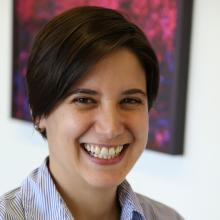
Assistant Professor, Biomedical Sciences
Graduate Faculty
Chronic pain; RNAseq; neuroscience
Website:





Assistant Professor, Biomedical Sciences
Graduate Faculty
Chronic pain; RNAseq; neuroscience
Website:

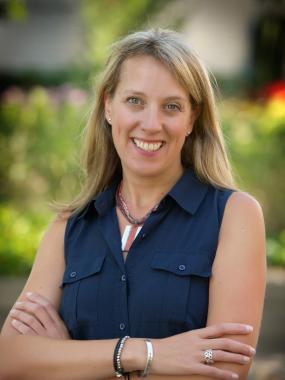
Professor, Environmental Sciences
Graduate Faculty
Environmental microbiology; ecosystem functions; metagenomics
Website:

Professor, Mathematics and Statistics
Graduate Faculty
Differential equations in life science and environmental engineering
Website:

Professor Emeritus, Molecular and Cellular Biology
Graduate Faculty
Starch biosynthesis; genetic manipulation; resistant starch
Website:
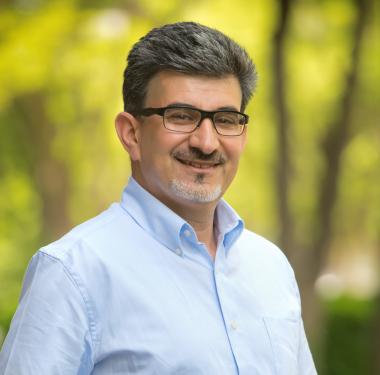
Associate Professor, Plant Agriculture
Graduate Faculty
Plant breeding; quantitative genetics; plant genomics
Website:

Professor, Human Health and Nutritional Sciences; Dean, College of Biological Science
Graduate Faculty
Neuroinformatics; eye movement; computational algorithms/modelling
Website:
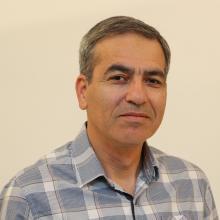
Associated Graduate Faculty/Adjunct Professor, Population Medicine and Pathobiology
Graduate Faculty
Epidemiology; foodborne pathogens; infectious diseases; swine
Website:

Professor, Mathematics and Statistics
Graduate Faculty
Statistical genetics; SNP; microbiome
Website:
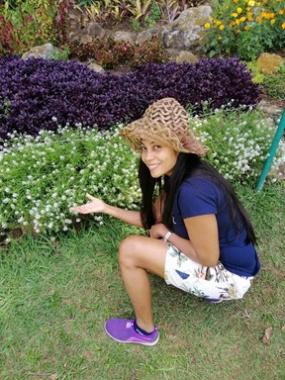
Program: Ph.D.
Advisor: Dr. Sarah Adamowicz
Research:
Biodiversity is important for ecosystem function. Building large and comprehensive phylogenetic trees, i.e., reconstructing the evolutionary relatedness among species, is valuable for diverse studies, including biomonitoring, evolutionary biology, and conservation biology. With phylogenetic trees, we can ask: how much unique evolutionary history is represented at a given site? High-throughput sequencing technologies are providing a great opportunity to build larger trees than ever before, but there is a gap in the literature regarding the performance of existing bioinformatics tools. Therefore, the objective of this study is to test and develop new approaches for quantifying evolutionary history and identifying biodiversity using molecular data. My approach is to combine the best of two methods: DNA barcoding projects sequence many species for few genes, while phylogenomics projects study few species for many genes. I am benchmarking existing methods for phylogenetic placement, including distance-based and likelihood-based methods, considering the taxonomic coverage of backbone phylogenies, phylogenetic patterns in missing data, and generality of the findings across animal taxa. In combining these techniques, this project will open new avenues for biodiversity, evolutionary, and conservation research in species-rich groups of life and under-studied environments.